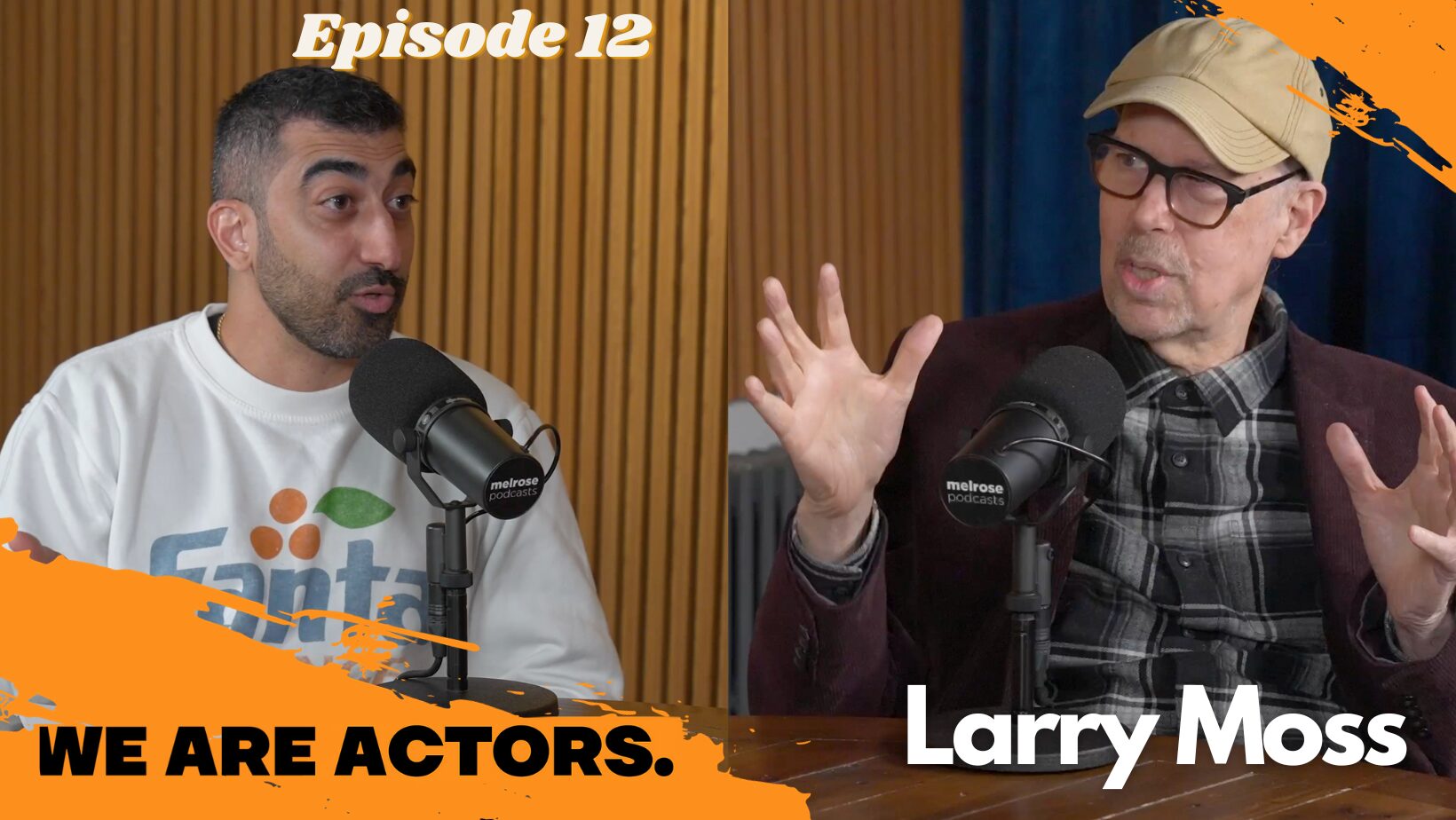
What is Diction and Why is it Important?
Diction, in the world of acting, is the clarity and effectiveness with which an actor pronounces words. It’s the cornerstone of compelling storytelling, allowing actors to convey emotions, intentions, and the subtleties of different characters. Imagine trying to grasp the depth of Hamlet’s soliloquy with mumbled words. Not so impactful, right?
The importance of diction in acting cannot be overstated. It is the bridge between thought and expression, allowing actors to convey the complexity of their characters and the intricacies of the narrative. Clear diction enhances the audience’s understanding and engagement, making the performance more relatable and impactful. For instance, in theater, where visual cues may be limited for some audience members, diction becomes even more crucial. It ensures that the audience, regardless of their seating position, can follow the storyline and experience the full emotional depth of the performance.
Moreover, diction differentiates between a good performance and a great one. It allows actors to emphasize key moments in the script, subtly influence the pacing of their delivery, and adjust their tone to match the emotional stakes of the scene. In essence, diction is a tool that actors use to craft memorable, moving performances that resonate with audiences long after the curtain falls.
The Impact of Clear Diction on Performance
Clear diction can elevate a performance from good to unforgettable. It’s not just about being understood; it’s about being felt. When every word is pronounced with precision, the audience’s engagement skyrockets, making the experience mutually enriching.
Core Diction Exercises
Tongue Twisters: The Classic Warm-Up
- Peter Piper Picked a Peck of Pickled Peppers – This tongue twister helps with the pronunciation of ‘P’ sounds and improves lip movement.
- How Much Wood Would a Woodchuck Chuck – Focuses on the ‘W’ and ‘Ch’ sounds, challenging the coordination between lips and tongue.
- What a to-do to die today, at a minute or two to two – This complex twister improves rhythm and timing in speech.
Breathing Techniques for Better Pronunciation
- Diaphragmatic Breathing – Focus on breathing deeply into your diaphragm rather than your chest to support longer phrases and clearer speech.
- Sustained Phonation – Practice holding a single sound (like ‘s’ or ‘z’) for as long as possible on one breath to improve airflow control.
- Staccato Breathing – Short, sharp breaths can help with the control of airflow and support clearer articulation of consonants.
Vowel and Consonant Repetition Drills
- A-E-I-O-U – Repeating these vowels with exaggerated movements helps in improving mouth and lip flexibility.
- Plosive Repetition – Practicing plosive sounds (p, b, t, d, k, g) in repetition drills enhances the clarity of these consonants.
- Fricative-Vowel Alternation – Alternating between fricatives (f, v, th, s, z) and vowels can improve the smoothness of transitioning between different sounds.
Daily Routines for Continuous Improvement
Incorporate diction exercises for actors into your daily routine. Consistency is key to muscle memory and improvement. Even 10 minutes a day can lead to noticeable progress.
Five effective diction exercises for actors to practice include:
- Yoga Hum – This exercise involves humming while practicing yoga to improve vocal resonance and control.
- Dragon’s Breath – A breathing technique that helps in projecting the voice and improving breath control.
- Tongue Twisters – Practicing tongue twisters enhances articulation and agility in speech. Examples include “High roller, low roller, lower roller”.
- Practice Vowels and Consonants – Repeating vowels and consonants can sharpen enunciation and clarity of speech.
- Warm-Up Exercises – General vocal warm-ups, such as scales or pitch exercises, prepare the voice for performance by enhancing flexibility and range.
These exercises are designed to improve clarity, projection, and expressiveness in an actor’s speech, essential for effective communication and performance.
Recording and Analyzing Your Performance
Recording and analyzing your performance is a critical self-assessment tool for actors aiming to improve their diction. This method involves capturing audio or video recordings of yourself performing monologues or reading text aloud. Upon playback, you can critically listen to or watch your performance to identify areas for improvement that might not be apparent during the live performance.
- Clarity of Speech: Listening back allows you to assess how clearly you are enunciating words. It’s an opportunity to notice any slurred or mumbled words that could hinder understandability.
- Pacing and Timing: You can evaluate whether your pacing matches the emotional tone and context of the piece. Too fast may rush the narrative, while too slow might drag it down.
- Emotional Expression: Analyzing your recording helps in assessing whether the emotional delivery aligns with the character’s intentions and the scene’s demands. It’s crucial for the authenticity of the performance.
- Volume and Projection: Ensure your voice is adequately projected and modulated to convey the script’s nuances without being too loud or too soft.
- Breath Control: Notice any points where you may run out of breath or improperly pace your breathing, affecting speech clarity and emotional delivery.
By focusing on these aspects, actors can gain valuable insights into their performance quality, specifically in diction, and implement targeted improvements. This practice not only enhances diction but also overall performance skills, contributing to more compelling and engaging portrayals.
Diction is an essential skill for any actor, impacting performance quality and audience engagement. Through consistent practice of these exercises, actors can enhance their clarity, emotional expression, and overall performance. Remember, the goal is not perfection but progress. Keep challenging yourself, and the results will follow.
Diction For Actors FAQs
- How long does it take to see improvement in diction?
- Improvement varies by individual, but with daily practice, noticeable changes can occur within a few weeks.
- Can diction exercises help with accent reduction?
- Yes, many of these exercises can improve pronunciation and reduce the prominence of an accent by strengthening the articulation of sounds.
- Are there specific exercises for singing diction?
- While many exercises overlap, singing diction focuses more on vowel shaping and breath control. Many of the breathing and vowel repetition drills are beneficial for singers.
- How can I practice diction if I have a busy schedule?
- Short, focused sessions are effective. Even practicing tongue twisters or reading aloud for 10 minutes daily can yield results.
- Is it necessary to work with a speech coach?
- While self-practice is beneficial, a speech coach can provide personalized feedback and guidance, accelerating improvement.








